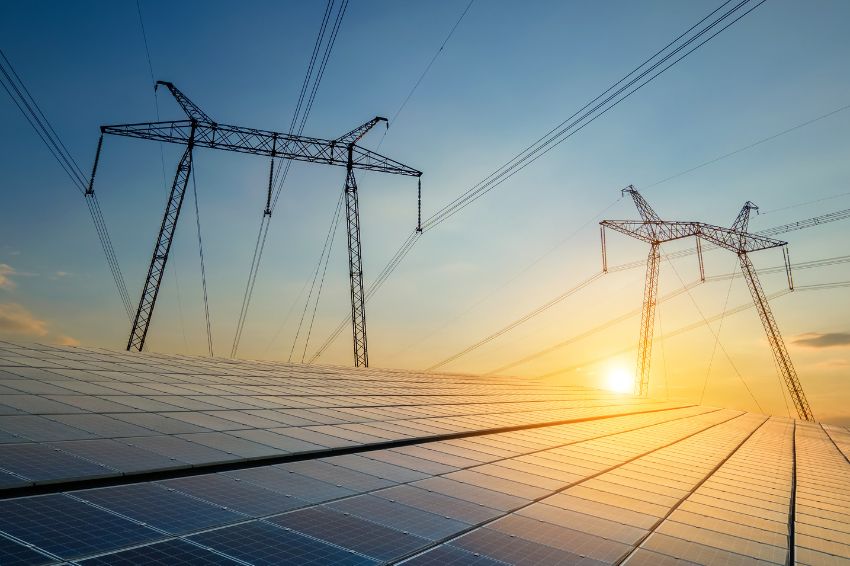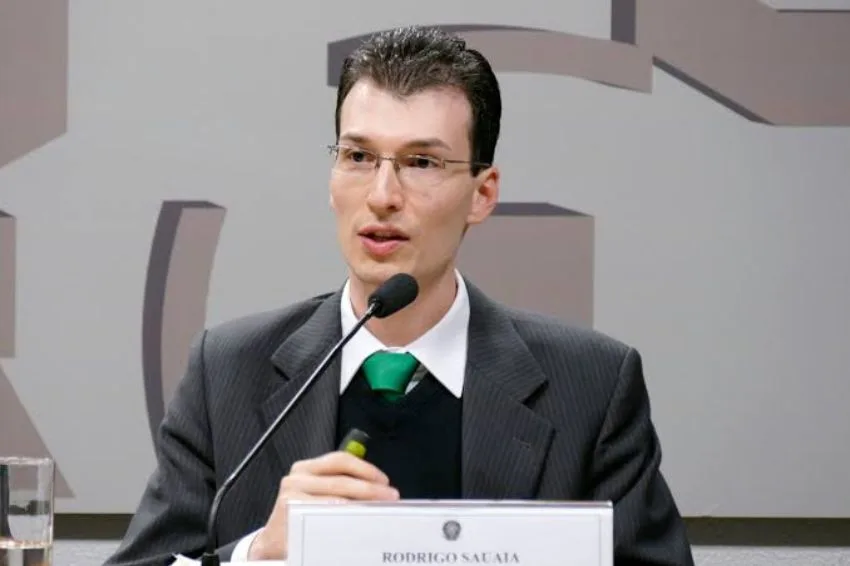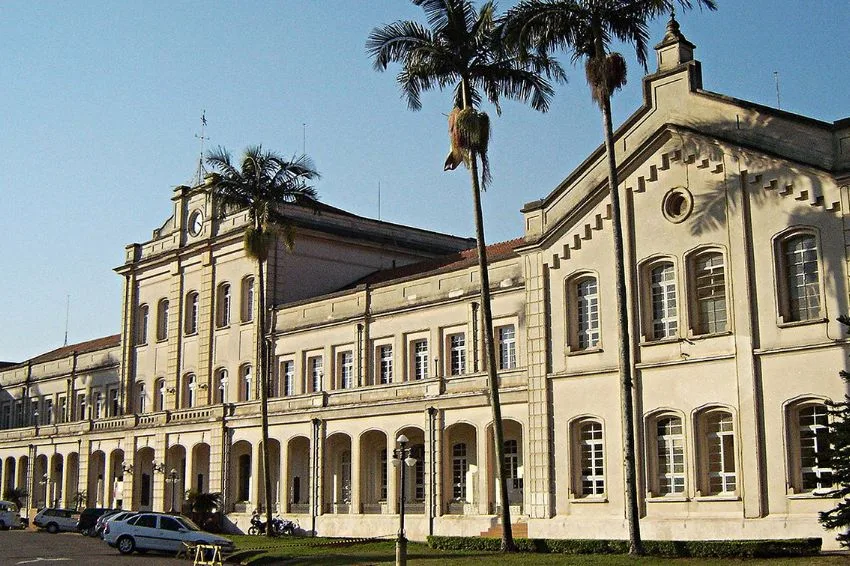To the distributors of electrical energy have already canceled and suspended another 3 thousand connection requests for installation of photovoltaic systems in residences, facades and small plots of land in Brazil over the last few months.
It is a volume of projects which, if they had been accepted by the concessionaires, would have added around 1 GW of installed power in the country, according to a survey released this Tuesday morning (08), by ABSOLATE (Brazilian Solar Energy Association).
A entity, what heard 715 companies installation of photovoltaic systems to carry out the study, claims in its survey that its own generation of solar energy would be suffering “a deliberate boycott in recent months by distributors, with losses totaling more than R$ 3 billion to the country”, points out the document.
The ABSOLAR study was carried out between July 14th and the first week of August this year. According to research, the distributors that present greater number of projects photovoltaics canceled or suspended are:
- CEMIG, in Minas Gerais;
- CPFL Paulista, in the interior of the State of São Paulo;
- RGE, in Rio Grande do Sul;
- Coelba, in Bahia;
- Elektro, in part of São Paulo and in Mato Grosso do Sul.
According to the association, the allegations suspension and cancellation of consumer photovoltaic projects by distributors, under the argument that their networks are unable to receive energy injected by new solar energy systems, they do not have technical proof and do not comply with the requirements of current regulations.
In the entity's assessment, the suspensions and cancellations carried out by distributors imposed a huge loss on consumers, who invest long-term in photovoltaic technology, and on companies in the sector, which generate employment and income in the regions where they operate and drive the local economy.
“Such allegations involve statements about possible power flow inversions in substations and the requirement, for example, of only being able to inject energy from the solar system into the grid at night,” highlights ABSOLAR.
For Bárbara Rubim, vice-president of distributed generation at the association, the absence of studies and technical analyzes that prove the situation of the network reinforces the solar energy sector's thesis that such arguments are unfounded, abusive and arbitrary.
“Some analyzes made available by distributors are so absurd that they constitute a mere copied and pasted document, sent in identical form to completely different projects and in different locations,” she said.
For the executive, without any technical proof, these allegations are not supported by current regulations. “We want the consumer's right to generate their own energy to be preserved and that the right of integrating companies to carry out their work is also guaranteed by authorities and agents in the electricity sector”, added Rodrigo Sauaia, CEO of ABSOLAR.

















One Response
this in significant part. It is the fault of the consumers themselves, who purchase their own equipment kit and carry out the installation without regularizing it with the concessionaire, and also of the integrator companies who promised the customer that they could expand their system by just adding modules without going through new approval. There are clients who call us to add power and when we say they need a new project for this expansion, they fight with us because they were the ones who sold it. claimed to be able to double capacity without a project.